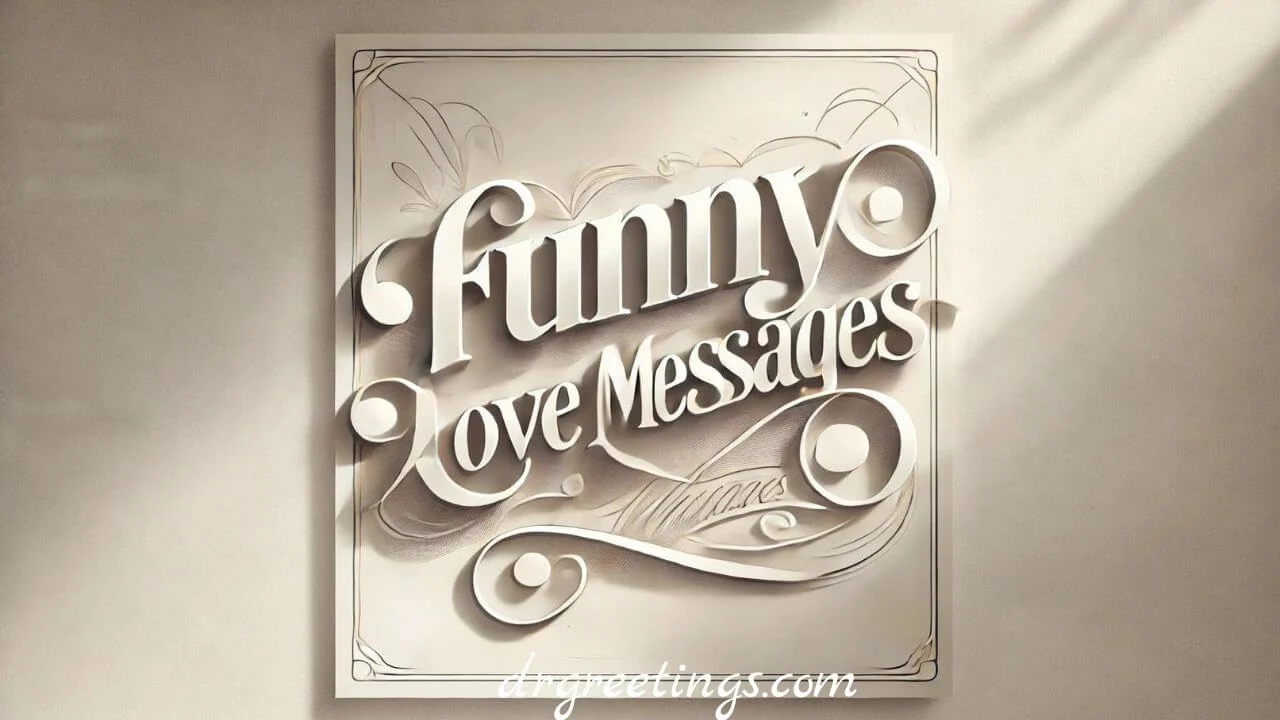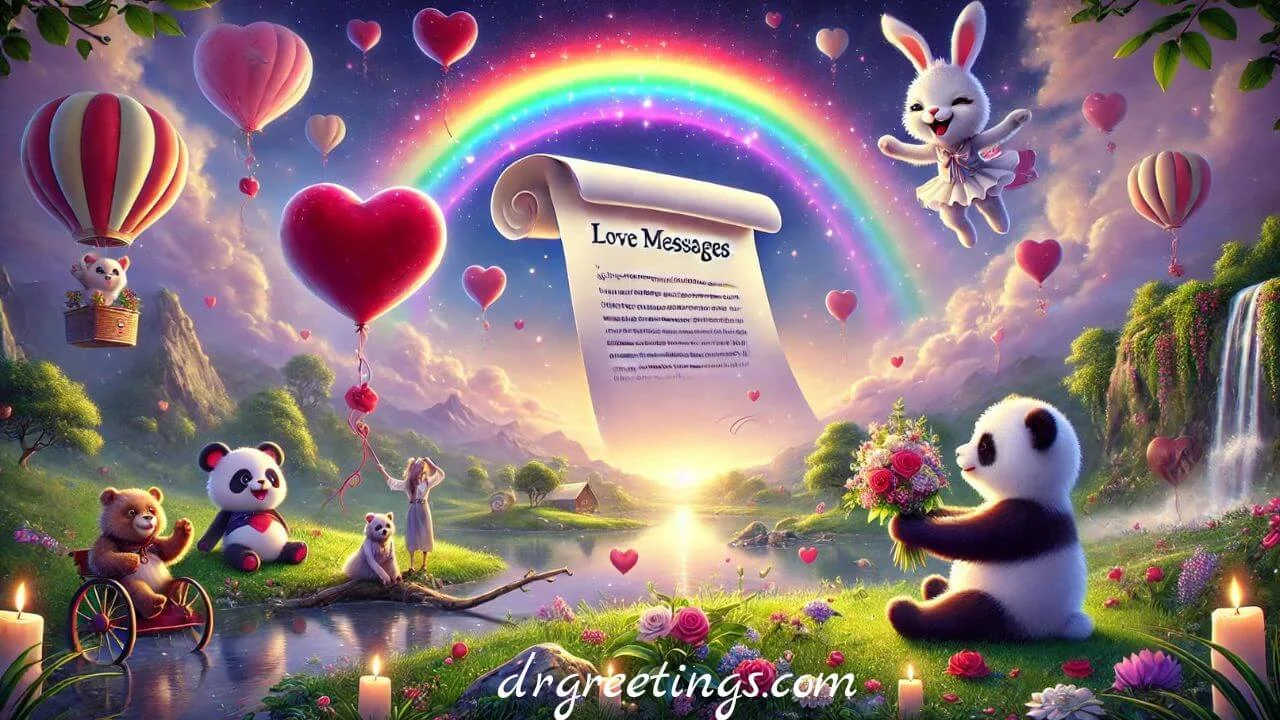1.Question Everything
| Challenge assumptions; seek evidence. |
| Analyze information critically; don't accept blindly. |
| Probe deeper; explore complexities. |
| Evaluate sources; discern credibility. |
| Consider multiple perspectives; avoid biases. |
| Engage in reasoned debate. |
| Test hypotheses rigorously. |
| Embrace ambiguity; resist oversimplification. |
| Cultivate curiosity; inquire relentlessly. |
| Pursue truth, even when inconvenient. |
2.Think Outside the Box
| Explore unconventional solutions. |
| Break free from traditional paradigms. |
| Foster creativity; embrace innovation. |
| Challenge norms; encourage diversity. |
| Encourage experimentation; take risks. |
| Embrace ambiguity; tolerate uncertainty. |
| Connect disparate ideas; synthesize insights. |
| Welcome dissent; value dissenting opinions. |
| Cultivate flexibility; adapt to change. |
| Imagine possibilities beyond limitations. |
3.Analytical Insight
| Break down complex problems. |
| Identify underlying patterns and trends. |
| Scrutinize data for accuracy. |
| Use logic to draw conclusions. |
| Discern correlation from causation. |
| Differentiate fact from opinion. |
| Examine assumptions; test validity. |
| Seek coherence in arguments. |
| Identify logical fallacies. |
| Make informed decisions based on evidence. |
4.Evaluate Evidence
| Assess reliability of sources. |
| Verify information; fact-check rigorously. |
| Examine biases in data. |
| Consider context; scrutinize methodology. |
| Look for corroborating evidence. |
| Identify gaps in information. |
| Question statistics; assess sample size. |
| Explore counterarguments; challenge assertions. |
| Recognize misinformation and disinformation. |
| Formulate conclusions based on credible evidence. |
5.Logical Reasoning
| Identify premises and conclusions. |
| Deduce implications from premises. |
| Evaluate validity of arguments. |
| Recognize logical fallacies; avoid them. |
| Construct sound arguments. |
| Utilize deductive and inductive reasoning. |
| Test hypotheses systematically. |
| Detect flaws in reasoning. |
| Clarify assumptions; address biases. |
| Refine arguments through critical analysis. |
6.Skeptical Inquiry
| Approach information with skepticism. |
| Demand evidence; question claims. |
| Verify authenticity of sources. |
| Investigate alternative explanations. |
| Challenge conventional wisdom. |
| Scrutinize motives behind information. |
| Be wary of anecdotal evidence. |
| Consider the source's credibility. |
| Assess reliability of eyewitness testimony. |
| Question authority; seek independent verification. |
7.Informed Decision-Making
| Gather diverse perspectives. |
| Weigh evidence objectively. |
| Consider long-term consequences. |
| Anticipate unintended outcomes. |
| Solicit expert opinions judiciously. |
| Acknowledge uncertainties; embrace complexity. |
| Balance emotion with reason. |
| Deliberate thoughtfully; avoid impulsivity. |
| Evaluate risks and benefits comprehensively. |
| Make decisions aligned with values and goals. |
8.Problem Solving Strategies
| Define problem clearly. |
| Break problem into manageable parts. |
| Generate alternative solutions. |
| Evaluate potential outcomes. |
| Choose most effective solution. |
| Implement solution systematically. |
| Monitor progress; adjust as needed. |
| Learn from mistakes; adapt strategies. |
| Collaborate with others; leverage diverse perspectives. |
| Persist in finding solutions; embrace resilience. |
9.Cognitive Flexibility
| Adapt thinking to new information. |
| Shift perspectives; consider different viewpoints. |
| Embrace uncertainty; tolerate ambiguity. |
| Adjust strategies in response to feedback. |
| Pivot when faced with obstacles. |
| Explore multiple pathways to solutions. |
| Reframe problems creatively. |
| Experiment with different approaches. |
| Learn from failures; iterate solutions. |
| Cultivate openness to change; foster adaptability. |
10.Continuous Learning Mindset
| Embrace curiosity; never stop asking questions. |
| Seek out new knowledge and perspectives. |
| Engage in lifelong learning pursuits. |
| Challenge yourself to grow intellectually. |
| Pursue self-improvement relentlessly. |
| Stay informed about diverse topics. |
| Reflect on experiences; extract lessons. |
| Explore interdisciplinary connections. |
| Share knowledge; mentor others. |
| Cultivate humility; recognize the vastness of what you don't know. |











